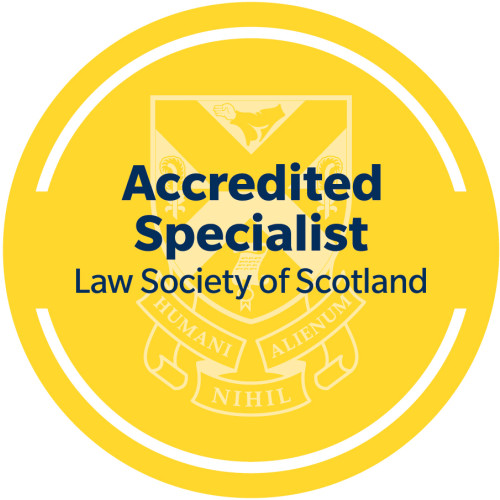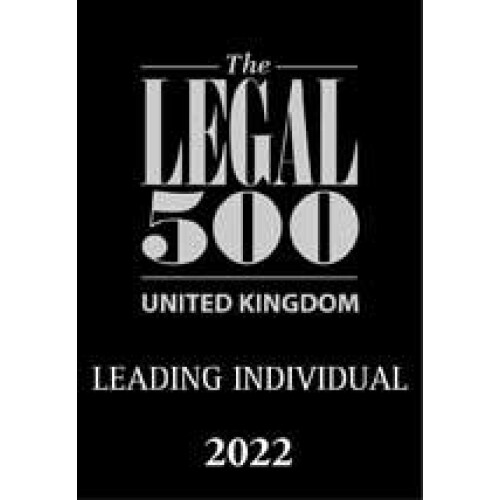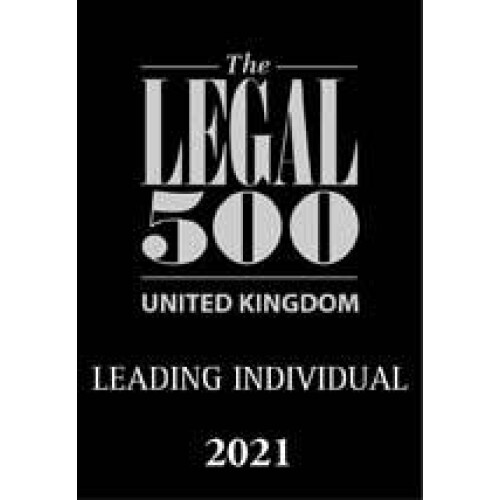Covid-19: Contact and Residence arrangements for children: UPDATED
24th March 2020
The government Rules on staying at home and away from others have been revised today (24th March 2020) to provide some more clarity about what should happen for children who are moving between the homes of separated parents.
The Rules were revised within 12 hours of being published and there has been significant confusion and anxiety what the Rules require people to do. Minister for the Cabinet Office, Michael Gove MP gave conflicting advice in several broadcasts this morning and there are still some unanswered questions. In the meantime this is what you need to know and some top tips from us, if you are affected by this:
- You can find the Rules here. There are general Rules that all of us need to comply with, which are designed to reduce day-to-day contact and make people stay ‘at home’. They include a prohibition on gatherings of more than two people in public and restrict people’s freedom to travel outwith their homes.
- The Rules provide an exception for children whose ‘parents do not live in the same household’. For them, if they are under 18, they ‘can be moved between their parents’ homes’.
There are a number of unanswered questions that are causing anxiety for parents who want to do the right thing, and stay at home, but who are worried about the impact on their children. There are parents who are worried about the physical risks of infection posed by their children being more widely exposed to the virus, if they travel between homes; those who are worried of their children getting ‘stuck’ away from their home, and, on the other side, parents who are scared that they may not see their children for an indefinite period of time.
We have had questions from people about what a ‘home’ is- is temporary accommodation a ‘home’ for these purposes? Does is make a difference if someone else in the household is self-isolating or ‘shielding’, because they have serious underlying health difficulties? What happens if one or more of the parents is a ‘keyworker’ and more likely to be exposed to the virus in the course of their employment? What about if the parents have different approaches to risk generally, and one parent is concerned that the other is unduly lax when it comes to hand-washing and social distancing? Does it make a difference if there is a court order in place?
This is a really stressful time for everyone- we are all coping with significant uncertainty and are worried about our own health as well as that of our loved ones. Some top tips if you are trying to navigate this at the moment:
- If there is a court order in place that regulates the arrangements for your children speak to your lawyer before you do anything that could amount to a breach of the court order.
- The SCTS (Scottish Courts and Tribunals Service) have now published details of the arrangements for the courts’ operation during the lockdown, which can be found here. Hearings on urgent civil business will still be possible (with the guidance expressly referring to applications for ‘urgent interim residence or contact applications’), BUT access to the courts will be severely restricted and we are proceeding on the basis that it will not be easy to persuade the court that an application is ‘urgent’, and we are factoring that into the advice that we are giving people.
- Be practical- what can be done to mitigate risk? What steps can be taken to make contact as safe as possible? Can travel be walking, or by private vehicle? Does anyone need to be absent when contact is taking place? If the accommodation where contact is taking place is temporary, what can be done to minimise contact with others- for example, if you normally see your child in a hotel, could you get an Airbnb and get assurances about its cleanliness etc?
- Think about your child’s mental health as well as their physical health- do they understand what is going on? Do they feel safe? What can you do to make it better for them? Would it be better for them to have more contact than usual with you by Skype or FaceTime, rather than face-to-face contact at this strange time? Or maybe they do need to see you more, to see that you are safe and ok.
- Be measured in communications with your former partner and work on the basis that anything you send them will one day be shown to you in a witness box- will you wish you hadn’t written that text? Is it ambiguous and could it be read another way? Would it be better to wait for ten minutes before you reply? Will your communications look child centered? If in doubt, don’t reply immediately!
- This is a miserable time for everyone- think about how to build bridges and make this easier for your child and be ready to be creative. You may have to find a new routine for this new normal and/or find a workaround for now. If communication is hard, think about what you can do to make things better- you can mediate via video-conferencing, for example.
If you want to discuss these issues with us, get in touch via info@sko-family.co.uk or call us on 0131 332 6669.






































